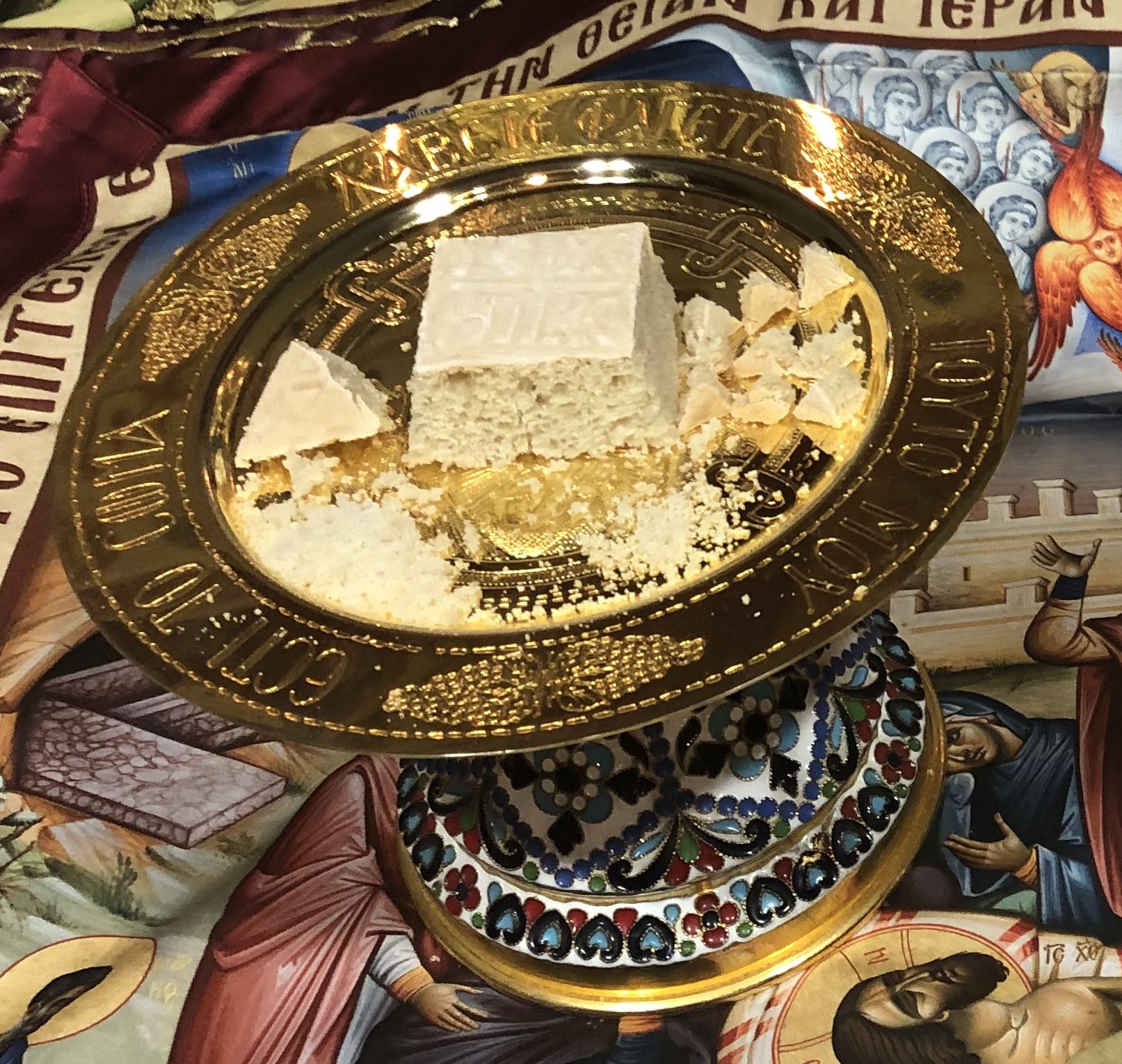For you were called to freedom, brethren; only do not use your freedom as an opportunity for the flesh, but through love be servants of one another.
Galatians 5:13
We’ve all seen movies that involve scenes from prison. Chains, bars, being controlled by others and fear mark the loss of freedom. When someone is released from prison after many years (think of the character “Brooks” in Shawshank Redemption), the world has passed them by and they can’t reintegrate back into the real world.
Just the thought of prison is enough to steer many away from the idea of breaking the law. And yet, when one is seriously ill or dying, the loss of freedom associated with illness makes one feel like they are in prison. All of a sudden, they are “restrained” by being connected to an IV pole. Familiar clothes are replaced with a hospital gown. People who have an impressive resumé of accomplishments are now told what to do and when to do it, and are now subject to an array of painful treatments and unpleasant touches. Any objection might get them labeled a “problem patient.” Frightened family members insist everything be done, without necessarily consulting their loved one who is in the hospital bed. Medical staff come in to do things and sometimes aren’t clear why they are doing it, and the patient is just told to go along with it by their family in many instances. Away from the hospital, as a patient battles disease, they might lose their job which will only wait so long for someone to return, and if that job is something specialized, like being a priest, it is either a permanent loss of income or creates a need to uproot and move in order to work again. And on top of all this, the patient is oftentimes in pain, is nauseous, confused and doesn’t have all their faculties.
This paints a grim picture, and that is intentional. One of the things we prize most in our life is freedom—freedom to get up, get dressed, get in our car and drive somewhere, to eat what we want, to go to a job and make money, to be in control of our lives. The loss of freedom, for me, and many other people, is terrifying. Losing a job, the ability to make an income, losing hope in getting better, I’ve had nightmares about all of these.
There are three kinds of patients—the kind that will make a full recovery after a period of time, the kind that will recover but not fully, and the kind that has a terminal illness. Each will experience a loss of freedom, but in a different way. Let’s examine the person who is going to get better after a period of time. Let’s say someone has cancer, a fairly common occurrence, and who is going to have a few cycles of chemotherapy which is going to wreak havoc on their ability to do normal activity, but there will be a return to normalcy eventually. This person will probably fear losing their job, income, home, etc. in addition to their fears of discomfort and recovery. As I said, I fear this. People will only be patient for so long before thinking about replacing someone. And such a temporary situation, be it cancer or a car wreck could happen to anyone at almost any age. Being patient and allowing someone to recover from illness and have the freedom to continue life as it was before is going to help the patient cope with treatment and recovery. There is a mental component to most physical ailments. As a person battles with physical illness, they are at a higher risk for anxiety and depression. These can be fought by reassuring the patient that people around them will be patient.
There is the patient who will not fully recover. They will have to cope with the loss of life as they knew it and adjust to a new normal, with a lesser level of freedom than they enjoyed before. This will definitely put someone at risk for a mental crash. Giving them as much freedom and choices as possible will be helpful.
Then there is the patient who isn’t going to recover, who has a terminal illness. Allowing this person to help direct their care, make their own choices and not be manipulated by the choices of others around them shows both love and kindness. It preserves their freedom and dignity, and probably will go a long way in preserving their mental state and their spiritual one as well.
In 2008, y mom was diagnosed with non-Hodgkins Lymphoma. Within a few days her life went from normal to almost over. She began a strong cycle of chemotherapy which almost immediately triggered a cardiac event. I flew back to California from Florida on very short notice and when I greeted my mom, she was not only near death, she was very agitated about the treatments that were being proposed for her. It turns out that the medical people were doing things and weren’t telling her what they were doing or why they were doing it, or maybe she was having a hard time understanding it. In their defense, time was of the essence, as my mom was near death. However, even though she was very physically ill, she still had all her mental capacities. I remember asking the medical people if I could speak to my mom in private, with no one else in the room. They said I could have a maximum of twenty minutes alone before the next medical intervention would have to take place. I remember talking to my mom and her complaining that they were just “doing things” to her without her permission. I remember telling her that her condition would be fatal if there wasn’t some quick and radical treatment. I told her that she was facing a steep climb up a tall mountain, that if she didn’t start climbing she would die within a short amount of time. If she started “climbing” and decided at some point she wanted to stop, that we would support her stopping. And that if she could make the steep climb, there was a chance she might even recover and beat cancer. Once we put the ball in her court, she agreed to the aggressive (and painful) treatment, because she felt like she was deciding, and that we weren’t deciding for her. My mom beat non-Hodgkins Lymphoma in six months. It recurred three more times, she beat it twice, and she passed away from it in August 2021. Without giving her the gift of freedom, she probably would have passed away in September 2008.
The thing we prize most in life is freedom—freedom to make choices. Giving a person freedom even under extreme illness is still a gift. It preserves both dignity and a person’s mental state. It helps them keep a measure of control in the midst of losing so much control due to illness.
If I ever get really sick and find myself with limited choices, I hope that those around me will allow me freedom over the limited choices I will have, and if there is a chance to recover, I hope they will give me freedom to work toward resuming some sense of normalcy, holding open the roles that I treasure in the patient hope that I will return to them. I hope that if I encounter people in this position, I will always give them the same freedoms I hope to receive.
The word empathy literally means “in the suffering.” To sympathize is to feel bad for someone. To empathize is to feel bad WITH someone, to put yourself in their shoes. We all prize our freedom. To be able to put ourselves in the bed with a person who is suffering or dying, to empathize with them, will motivate us to help preserve their freedom to the greatest extent possible.
Out of my distress I called on the Lord; the Lord answered me and set me free. With the Lord on my side I do not fear. What can man do to me? The Lord is on my side to help me; I shall look in triumph on those who hate me. It is better to take refuge in the Lord than to put confidence in man. It is better to take refuge in the Lord than to put confidence in princes. All nations surrounded me; in the name of the Lord I cut them off! They surrounded me, surrounded me on every side; in the name of the Lord I cut them off! They surrounded me like bees, they blazed like a fire of thorns; in the name of the Lord I cut them off! I was pushed hard, so that I was falling, but the Lord helped me. The Lord is my strength and my song; He has become my salvation. Psalm 118:5-14
Freedom is one of the greatest gifts to possess or to receive. As someone loses autonomy due to illness or impending death, one of the greatest gifts we can give them is as much freedom as possible.

